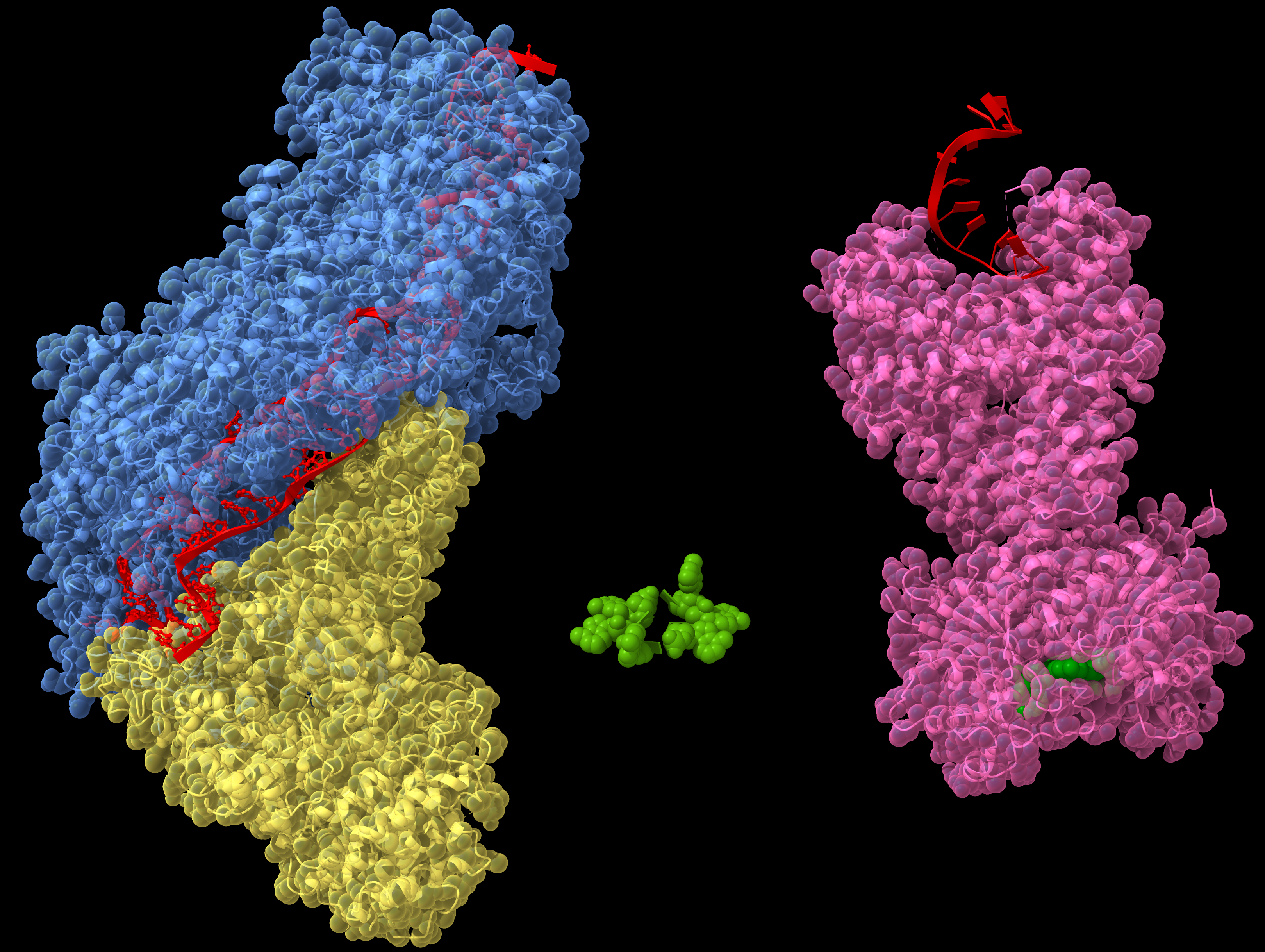Vilnius University, Caszyme and nSAGE Consortium Aims to Develop Universal CRISPR-based Detection Platform for Versatile and Rapid Diagnostics
 Vilnius University (VU), Caszyme, and nSAGE have joined forces to form a consortium which will develop a new, advanced diagnostics solution. The “Universal CRISPR-based Detection Platform for Versatile and Rapid Diagnostics” (UNCOVER) project will develop a universal, CRISPR-Cas-based diagnostics platform for accurate and rapid detection of infectious diseases. This platform will be versatile, user-friendly, applicable to human and animal health, and easily programable to address a wide range of pathogens and disease biomarkers.
Vilnius University (VU), Caszyme, and nSAGE have joined forces to form a consortium which will develop a new, advanced diagnostics solution. The “Universal CRISPR-based Detection Platform for Versatile and Rapid Diagnostics” (UNCOVER) project will develop a universal, CRISPR-Cas-based diagnostics platform for accurate and rapid detection of infectious diseases. This platform will be versatile, user-friendly, applicable to human and animal health, and easily programable to address a wide range of pathogens and disease biomarkers.
Dr Gintautas Tamulaitis, who has more than 14 years of experience in CRISPR-Cas research, will lead the project on behalf of VU. His remarkable contributions include more than 30 scientific publications, including two in Science and five U.S. and European patents. His pioneering research has led to major discoveries in antiviral signalling in bacteria and the elucidation of the Type III CRISPR-Cas system mechanism.
“By utilising the intrinsic signal amplification of the Type III CRISPR-Cas system, we aim to develop a next-generation detection platform with broad applications in healthcare and molecular diagnostics,” says Dr G. Tamulaitis, Research Professor at VU.

Dr Gintautas Tamulaitis
The project will be carried out at VU’s Life Sciences Center, leveraging its expertise in genome editing, biomolecular research, genomics, neurobiology, molecular mechanisms of diseases, and biotechnology.
“Partnerships are the essential link connecting unique expertise to innovative solutions. Through our collaborative efforts with nSAGE and VU, we are harnessing the full potential of CRISPR’s versatility, aiming to translate it into tangible tools for diagnostics. The UNCOVER project aligns with Caszyme’s commitment to developing high-quality CRISPR-based solutions,” says Dr Monika Paulė, CEO and Co-Founder of Caszyme.
UNCOVER will utilise advanced bioinformatics and protein engineering technologies, with the consortium planning to discover novel and optimise existing Cas proteins to improve their sensitivities and specificities.
“To achieve improved sensitivity and specificity of the detection platform, we are going to leverage our deep knowledge in advanced bioinformatics and Cas protein engineering, allowing the systematic optimisation of a more robust system,” says Dr Giedrius Gasiūnas, CSO at Caszyme.
The platform will undergo validation with patient samples. It will address a critical gap in Point-of-Care diagnostics, thus advancing local and global disease detection capabilities as a result of close collaboration between consortium partners.
“nSAGE’s long-term vision is to pioneer advancements in both diagnostics and gene therapy, driving the future of precision medicine. In collaboration with Caszyme and VU, we aim to develop an ultra-sensitive diagnostic kit that eliminates the need for amplification. This innovation seeks to significantly enhance diagnostic accuracy and efficiency, particularly in infectious disease testing, and address a critical gap in Point-of-Care diagnostics,” says Bonghee Lee, CEO at nSAGE.
“Collaboration bridges expertise and innovation, driving meaningful progress. By partnering with Caszyme and VU, we are unlocking CRISPR’s full potential. Our goal is to transform its versatility into practical diagnostic solutions,” says Solji Park, CTO at nSAGE.
The UNCOVER project, commencing on April 1st, 2025, will span 36 months.
Project “Universal CRISPR-based Detection Platform for Versatile and Rapid Diagnostics” (UNCOVER) is co-funded by the European Union (project No.7803) under the agreement with the Research Council of Lithuania (LMTLT).
